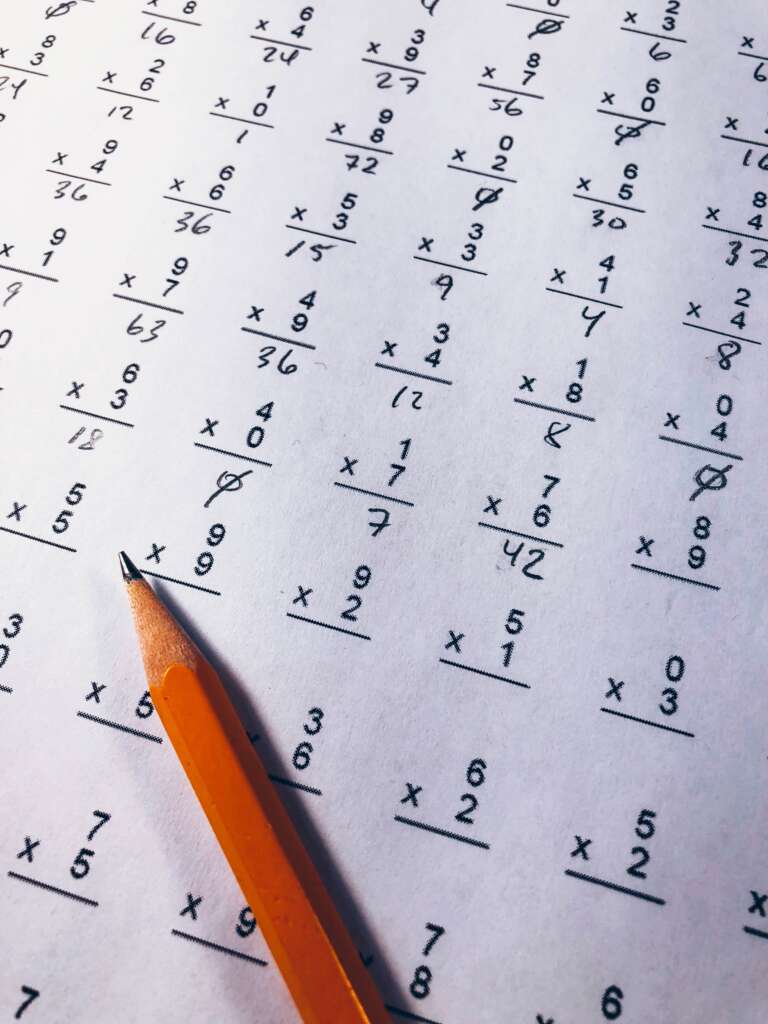Math anxiety is a well-recognized psychological phenomenon that significantly affects individuals’ performance in mathematics and their willingness to engage with math-related tasks. This phenomenon is characterized by a heightened fear or apprehension towards mathematics, which often leads to math failure and the avoidance of math-related activities. Moreover, in severe cases of math anxiety, the mere thought of engaging in mathematical tasks can trigger strong negative emotional responses.
The impact of math anxiety on academic performance, particularly in math-related subjects, is thought to be associated with its interference with working memory. Working memory is a crucial cognitive function that we rely on daily for tasks like recalling phone numbers, navigating our way home, performing calculations, and more. When individuals experience math anxiety, their working memory resources may become compromised, disrupting their ability to effectively solve math problems.
Interestingly, research has shown that individuals with high working memory (HWM) capacity typically outperform those with low working memory (LWM) capacity under normal circumstances. However, when placed under pressure or in anxious situations, individuals with HWM perform at a similarly low level as those with LWM. This suggests that anxiety depletes the working memory resources available for the task at hand, leveling the playing field between HWM and LWM individuals in high-pressure math situations.
The current study expands on this topic by providing evidence that math anxiety can manifest early in the lives of elementary school children. Additionally, the authors of the study discovered that the relationship between math achievement and math anxiety, specifically the notion that high math anxiety is associated with low math achievement, holds true primarily among children with high working memory capacity. This finding aligns with previous research conducted with older children and adults.
It is proposed that anxiety tends to promote the utilization of less efficient problem-solving strategies. To mitigate the negative impact of anxiety on math performance, it is suggested that alternative problem-solving techniques be introduced, strategies that are robust enough to withstand the influence of anxiety. This approach may hold promise in helping individuals with math anxiety develop more effective and less anxiety-inducing ways to tackle mathematical challenges.
Reference:
Ramirez, Gerardo & Gunderson, Elizabeth & Levine, Susan & Beilock, Sian. (2012). Math Anxiety, Working Memory and Math Achievement in Early Elementary School. Journal of Cognition and Development – J COGN DEV. 14. 10.1080/15248372.2012.664593.

